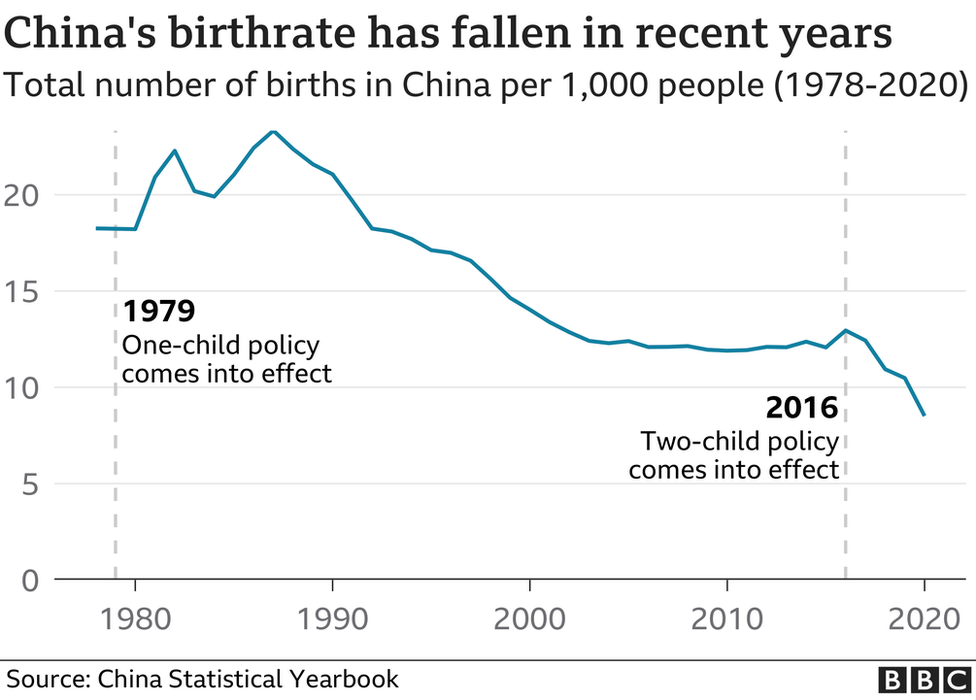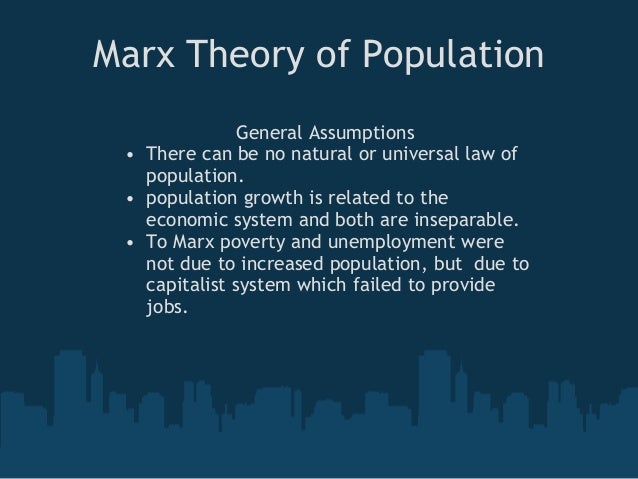CONTEXT
Recent news on China allowing Couples for children and Lakshadweep policy
There is no evidence that a two-child policy is effective even for states which have high fertility rates than Lakshadweep.
The Lakshadweep administration has proposed a new panchayat regulation that makes any person with more than two children ineligible to contest panchayat elections or continue as a member.
ANALYSIS
The proposed regulation is suicidal and defies all logic. Lakshadweep has a total fertility rate (TFR) of 1.4, which is far less than the national average of 2.2, according to the National Health and Family Survey 2019-20 (NFHS-5). This is a cause for concern.
The overall population growth rate for the Union territory (UT) has dropped to 6.3 per cent in 2001-2011 from 17.19 per cent in 1991-2001.
There is no evidence that a two-child policy is effective even for states which have high fertility rates. Similar policies in other states have failed to bring down the fertility rates to the desired level.
In the states that adopted a two-child policy, there was a rise in sex-selective and unsafe abortions; men divorced their wives to run for local body elections, and families gave up children for adoption to avoid disqualification, revealed a five-state study.
Lakshadweep’s sex ratio of 1,187 females for 1,000 males (NFHS-5) is positive. A misplaced bid to enforce a two-child norm in Lakshadweep may also distort the UT’s healthy sex ratio.
Lakshadweep will soon have an ageing population and experience labour shortage. This would increase the elderly dependency ratio and intensify the burden of non-communicable diseases, requiring significant financial resources to support the elderly and address their healthcare needs.
Lakshadweep needs to take steps to contain further reduction in TFR instead of imposing stringent population control measures. The UT needs to provide benefits such as paid maternity leave and better childcare facilities to families that have additional children so that employed women are not impacted by child birth.
China, which had enforced a one-child policy, had to abandon it after having found itself in the midst of a population crisis. Lakshadweep administration will do better by investing in overall social development, health and education with a focus on gender equity, economic development and access to family planning services, irrespective of culture or religion.

The focus of policymakers should rather be the high unmet need for family planning in the UT. Women do not want more than two children: Around 12.3 per cent of the currently married women in the age group of 15-49 years wish to delay or avoid pregnancy but do not have agency or access to contraceptives, according to NFHS. This places them at grave risk of death or disability during pregnancy and childbirth, especially where the quality of care is inadequate.
India could learn from Lakshadweep on what it is doing right. Policies of enforcing a two-child norm, which we have seen before in other states too, come bundled with other gender-unfriendly policies and mindsets that burden women disproportionately and end up treating them as chattel.
This pushes the India story back by many years. We cannot afford to do that. India must continue its march onward, and that will only be possible if women are allowed their freedoms and remain unfettered.
SOCIOLOGICAL PERSPECTIVE

| Theoretical perspective | Major assumptions |
| Functionalism | Population and the environment affect each other. Normal population growth is essential for any society, but population growth that is too great or too little leads to various problems. Environmental problems are to be expected in an industrial society, but severe environmental problems are dysfunctional. |
| Conflict theory | Population growth is not a serious problem because the world has sufficient food and other resources, all of which must be more equitably distributed. The practices of multinational corporations and weak regulation of these practices account for many environmental problems. |
| Symbolic interactionism | People have certain perceptions and understandings of population and environmental issues. Their social backgrounds affect these perceptions, which are important to appreciate if population and environmental problems are to be addressed. |


